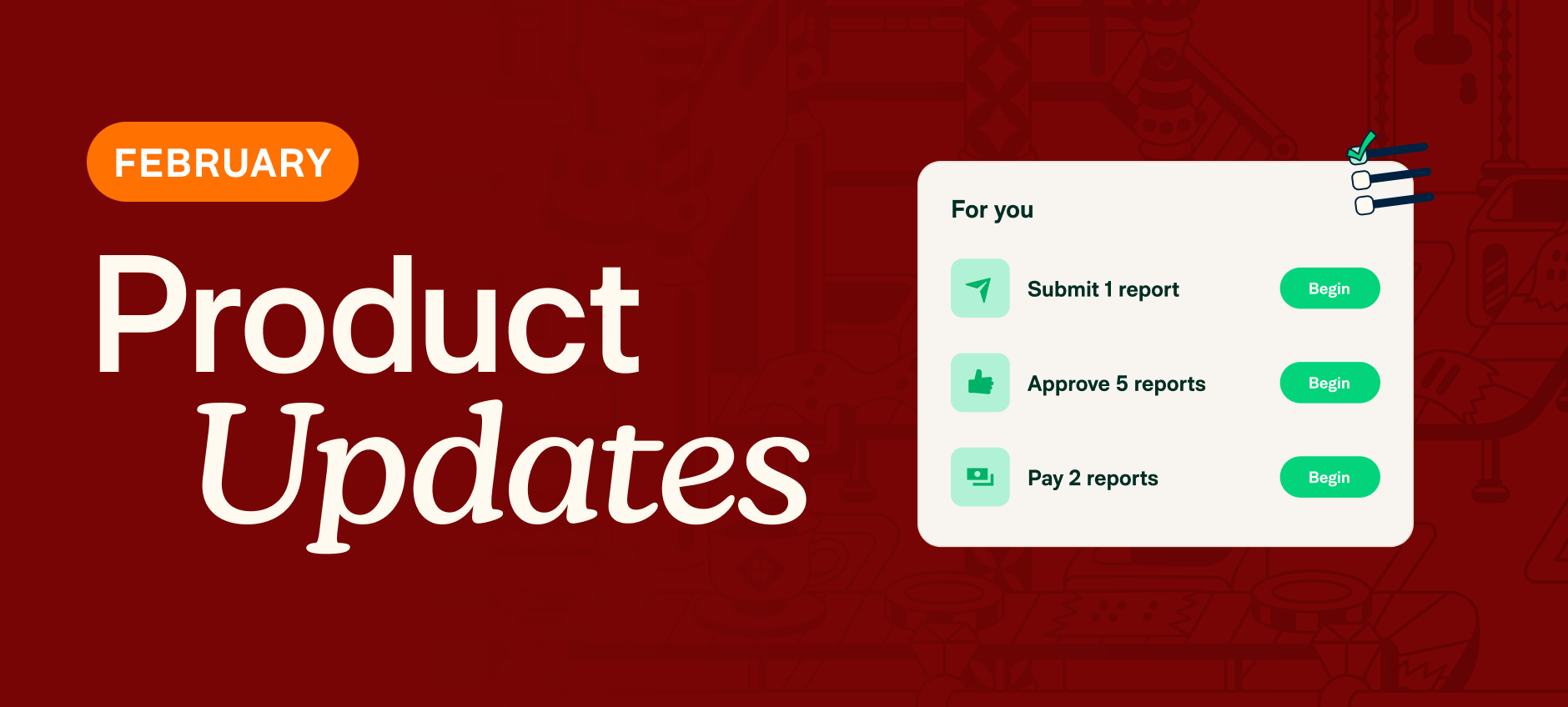Spend control 101: Everything a small business owner needs to know

Managing expenses effectively is crucial for small business success. From setting clear spending policies to leveraging technology like Expensify, there are practical steps you can take to gain better oversight of your finances and spend management processes.
In this blog, we’ll explore the importance of spend control and provide actionable tips for creating a culture of financial responsibility within your team.
What is spend control?
Spend control involves managing and monitoring expenses within an organization to optimize financial performance. It involves establishing policies and procedures to regulate spending, ensuring that resources are allocated efficiently and aligned with business objectives. By mastering spend management, businesses can enhance transparency, accountability, and cost-effectiveness in their operations.
What’s the difference between spend control and cost control?
While spend control focuses specifically on managing expenses related to purchases and investments, cost control encompasses broader efforts to manage overall expenses, including operational costs and overheads.
For example, spend control may involve monitoring and approving individual purchases, while cost control may involve streamlining processes to reduce overall operating expenses.
Why is spend control so important?
Controlling spend is crucial for small businesses due to several reasons:
Poor budgeting practices: Without proper spend control, businesses may struggle to stay within budget, leading to financial instability.
Unnecessary paperwork: Manual expense tracking processes can result in excessive paperwork, consuming valuable time and resources.
Time wasted on Preaccounting: Inefficient expense management practices can lead to delays in accounting processes, hindering financial reporting and analysis.
Human error: Manual data entry and reconciliation increase the risk of errors, potentially leading to inaccurate financial records.
Fraud: Inadequate controls can leave businesses vulnerable to fraud and misuse of funds, posing significant risks to their financial integrity.
Four ways to ensure spend control at your small business
Implementing effective spend control measures is critical for small businesses to optimize their financial performance. Here are four strategies to consider using at your business:
1. Use company credit cards
Utilizing a company credit card for business expenses can streamline the purchasing process and facilitate better tracking of expenditures. With tools like Expensify, you can easily categorize and reconcile transactions, ensuring transparency and accountability in spending.
2. Set clear spending policies
Establishing clear spending policies provides guidelines for employees regarding acceptable expenses and spending limits (we call this Smart Limits). By defining parameters upfront, businesses can prevent unauthorized purchases and promote responsible spending practices.
3. Perform regular financial audits
Conducting regular financial audits allows businesses to identify discrepancies, errors, and potential areas of overspending. By reviewing financial records systematically, businesses can ensure compliance with policies and detect any fraudulent activities promptly. Incorporating a month-end close checklist can help organize your auditing process more regularly.
4. Leverage technology to help you thrive
Investing in technology solutions like Expensify can streamline expense management processes and enhance visibility into spending activities. With features such as real-time tracking and automated reporting, businesses can gain better control over their finances and make informed decisions.
Benefits of effective spend control
Effective spend control offers plenty of benefits for small businesses, including:
Improved financial transparency: Clear visibility into spending activities allows businesses to track expenses accurately and identify areas for optimization.
Cost savings: By implementing cost-effective measures and eliminating unnecessary expenditures, businesses can reduce overhead costs and improve profitability.
Compliance: Adhering to spending policies and regulatory requirements helps businesses avoid penalties and maintain legal compliance.
Strategic decision-making: Access to timely and accurate financial data enables businesses to make informed decisions and allocate resources effectively.
Controlling spend has never been so easy
Implementing robust spend control measures is essential for small businesses to achieve financial stability and growth. With tools like Expensify, managing expenses has never been easier. By setting clear policies, conducting regular audits, and leveraging technology, you can create a culture of financial responsibility within your team and drive business success.
Ready to get started? Enter your information below, and we’ll take it from there.
FAQs about spend control
-
Spend control is the strategy businesses use to monitor and manage how budgets are spent across the organization, including the policies, processes, and technology companies use to track spending and save money.
-
Spend control manages expenses related to purchases and investments like monitoring individual transactions, while cost control encompasses broader efforts to reduce overall operating expenses and overheads across the business.
-
Expense controls are measures businesses take to track and manage employee spending by setting policy limits, requiring receipts or approvals for purchases, and preventing overspending and fraud.
-
Spend control prevents poor budgeting practices, reduces unnecessary paperwork and time wasted on preaccounting, minimizes human error in financial records, and protects businesses from fraud and misuse of funds.








